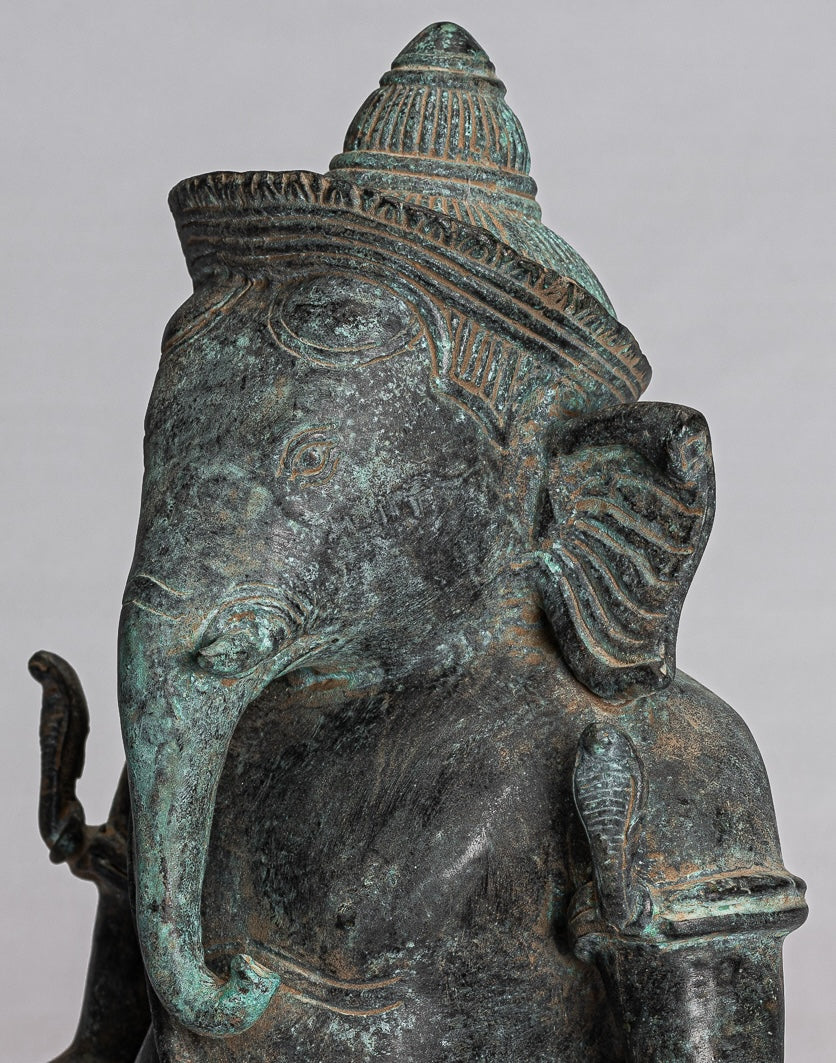
Understanding the Cosmic Law: Exploring the Fundamental Belief of Karma in Hinduism
Introduction
In the vast and intricate tapestry of Hindu philosophy, few concepts are as central and profound as karma. Rooted in the ancient scriptures and upheld as the cosmic law governing the moral and spiritual order of the universe, karma encompasses a complex and nuanced framework for understanding the consequences of actions, the nature of destiny, and the path to liberation.
In this blog post, we'll delve into the depths of the concept of karma in Hinduism, exploring its meaning, significance, and practical implications for individuals and society.
1. The Meaning of Karma
At its core, karma refers to the principle of cause and effect, action and reaction, that governs the moral and spiritual order of the universe. The word "karma" is derived from the Sanskrit root "kri," meaning "to do" or "to act." According to Hindu philosophy, every action—whether physical, mental, or emotional—produces corresponding effects that shape an individual's destiny and determine their future experiences. Karma is not merely a mechanistic law of cause and effect but is imbued with moral and ethical significance, reflecting the intentions, motivations, and moral quality of one's actions.
2. The Law of Karma
The law of karma operates according to the principle of moral causation, wherein virtuous actions (punya) lead to favorable outcomes and spiritual progress, while unvirtuous actions (papa) result in suffering and spiritual regression. The law of karma is considered to be impartial, inexorable, and universal, operating at both individual and cosmic levels. It governs the cycle of birth, death, and rebirth (samsara), shaping an individual's destiny and spiritual evolution across lifetimes.
3. Types of Karma
Hinduism recognizes different types of karma based on their moral quality, intention, and consequence:
- Sanchita Karma: The accumulated karma from past actions that have yet to be experienced or resolved. Sanchita karma represents the sum total of one's past deeds and influences the course of one's current and future lives.
- Prarabdha Karma: The portion of sanchita karma that has ripened and begun to bear fruit in the current lifetime. Prarabdha karma determines the circumstances of one's birth, life situation, and major life events.
- Kriyamana Karma: The karma that is currently being generated through one's actions in the present moment. Kriyamana karma influences the course of one's future experiences and determines one's spiritual trajectory.
- Agami Karma: The karma that will be accumulated as a result of one's present actions and intentions. Agami karma contributes to the ongoing cycle of cause and effect and shapes one's future destiny.
4. The Role of Free Will
While the law of karma governs the consequences of actions, Hinduism recognizes the role of free will and conscious choice in shaping one's destiny. Individuals have the ability to exercise discernment, make ethical decisions, and choose their actions in alignment with dharma (righteousness) and spiritual principles. Through self-awareness, self-discipline, and moral integrity, individuals can mitigate the negative effects of past karma, accumulate positive karma, and progress on the path to spiritual liberation.
5. Liberation from Karma
The ultimate goal of human life in Hinduism is to attain liberation (moksha) from the cycle of karma and rebirth and realize one's true nature as the eternal, unchanging self (Atman). Liberation from karma is achieved through self-realization, spiritual knowledge, and the dissolution of the ego. By transcending the dualities of virtue and vice, pleasure and pain, and good and bad karma, individuals can attain liberation from the cycle of samsara and experience the boundless peace, joy, and freedom of the ultimate reality.
Conclusion
In conclusion, karma stands as a fundamental belief in Hinduism, embodying the cosmic law of cause and effect, action and consequence, that governs the moral and spiritual order of the universe.
By understanding the workings of karma and cultivating mindfulness, ethical conduct, and spiritual awareness, individuals can navigate the complexities of human existence, fulfill their moral and spiritual responsibilities, and progress on the path to spiritual realization and liberation.
Karma serves as a powerful reminder of the interconnectedness of all beings and the importance of leading a life of virtue, integrity, and compassion.


